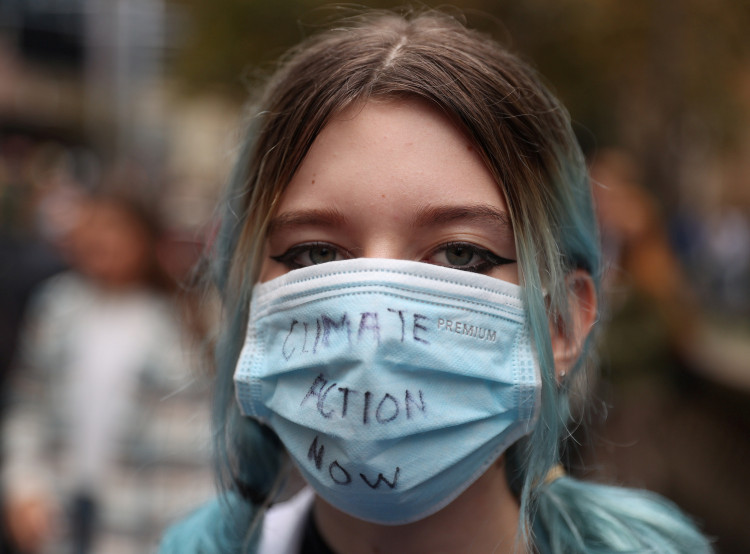The government of New Zealand has stated that medical masks and rapid antigen tests will be made available for free as the nation battles an outbreak of Omicron infections.
The free mask measures will include N-95 or P2 masks for clinically vulnerable individuals and ordinary medical masks for everyone else.
Antiviral medications will now be offered to anybody over 75, free medical masks will be distributed, and free rapid antigen tests (RATs) will be provided even if no symptoms are present.
Previously, exposure or symptoms were prerequisites for eligibility for the tests. With the extension of antiviral access, around 10% of the population will be eligible, up from 2% previously.
Ayesha Verrall, minister of covid response, stated that these were "the most effective solutions we have. They are easy, but if we all use them, we can reduce our disease burden and the strain on our health care system."
Community providers, including marae, testing stations, local pharmacies, and others, will offer RATs and masks.
New Zealand is currently coping with a developing second wave of Omicron infections.
On Thursday, New Zealand recorded 11,382 cases of COVID-19, 23 deaths, and 765 hospitalizations, with a rising seven-day average for all three parameters.
The number of hospitalized patients is likely of special worry to the administration, as it coincides with a winter season in which health facilities are already straining to accommodate an influx of seasonal ailments.
The director general of health, Dr. Ashley Bloomfield, stated that if the current trajectory remained unchecked, the number of daily hospitalizations would peak at approximately 1,200.
"You are all aware of the strain that our hospitals, and our entire health care system are under. If everyone does their part, we can survive the winter," he remarked.
Some 923 doctors from GP clinics and hospitals signed a letter to the government earlier in the week stating that the country was "in risk of a complete breakdown of the healthcare workforce."
In a study of doctors undertaken by the New Zealand Women in Medicine Trust, nearly all respondents stated that a health workforce crisis exists, either definitely (93.5%) or possibly (6.3%).
The rising incidence of hospitalizations is due in part to decreasing protection from booster vaccinations, the spread of more virulent variations, and an increase in infections among older cohorts, who are more prone to suffer from serious or life-threatening illness.
The infection rates for people aged 70 and older are now significantly higher than they were in March, when New Zealand had its first Omicron wave.





